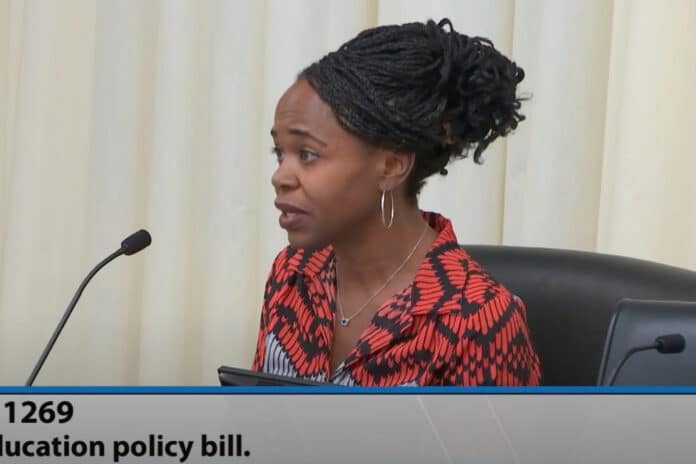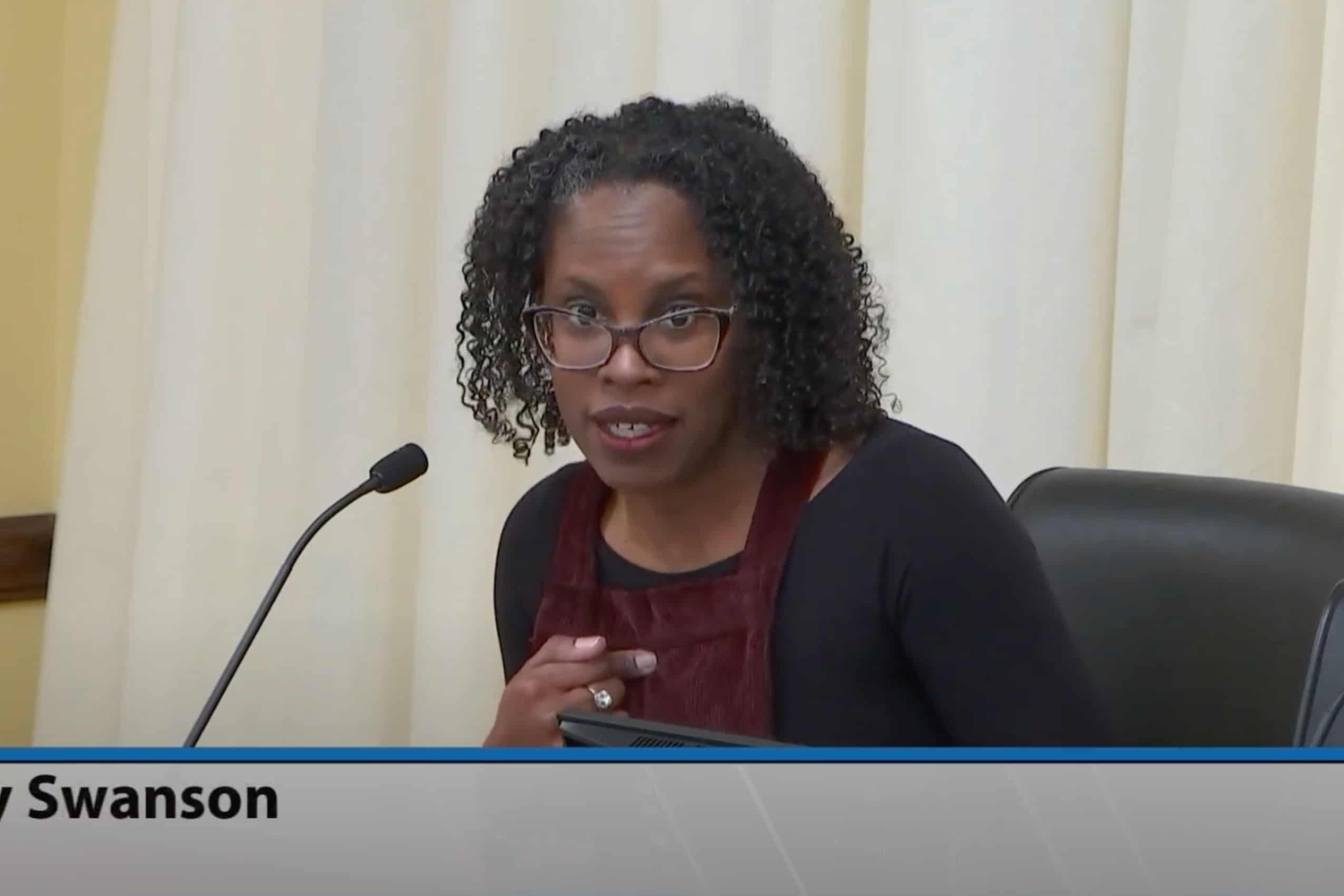
Testifiers spoke out against Gov. Tim Walz’s education policy bill during a committee hearing Tuesday, saying its emphasis on “ethnic studies” will teach black students “they can’t succeed.”
The bill would require school districts to provide ethnic studies curriculum and direct the commissioner of education to “embed ethnic studies into state academic standards.” A separate bill being carried by Democrats would require all public school graduates to complete an ethnic studies course.
Both bills define ethnic studies as the “critical and interdisciplinary study of race, ethnicity, and indigeneity with a focus on the experiences and perspectives of people of color within and beyond the United States.”
“Ethnic studies analyzes the ways in which race and racism have been and continue to be powerful social, cultural, and political forces, and the connection of race to the stratification of other groups, including stratification based on gender, class, sexuality, religion, and legal status,” the bills state.
Kofi Montzka, a mother to three boys, said the language of the bill “tells kids of color that they are stuck in a caste system based on their race.”
“You might ask: why in the world would a black person speak against ethnic studies? Because not everything that sounds good is good,” she said. “I’m sick of everyone denying the enormous progress we’ve made in this country acting like it’s 1930. We used to have a race-based system. We got rid of it and now you’re all trying to bring it back.”
She said ethnic studies will “not help kids succeed” but instead will “remove any reason to try.”
“This is not some theoretical crap. This happens,” she said. “If this law is passed, teaching this hopelessness to kids of color will be mandated starting in kindergarten.”
Montzka said she can understand why some white legislators might support the bill, since it’s not their kids being “told they can’t succeed.”
“But you legislators of color, how can you? You made it despite the invisible boogeyman of systemic racism,” she continued. “You were voted in by a majority of white people. You hold some of the most powerful positions in this state. But you want to tell my kids and other kids of color that they can’t succeed? It’s shameful.”
Minnesota resident Hillary Swanson agreed, saying the bill’s definition of ethnic studies “divides and stereotypes by race.”
“This doesn’t help kids to tell them that their skin color determines their outcomes in today’s society,” she said. “No one is better than me because of the color of my skin. I am what it means to be black in America. I’ve been black my whole life and I will not allow anyone to tell me that they have privilege over me because of my skin.”

Dr. Brian Lozenski, a leading proponent of ethnic studies in Minnesota, said at a rally last month that ethnic studies is “the door that we can open in order to transform what education looks like.”
Rep. Samantha Sencer-Mura, DFL-Minneapolis, is carrying the ethnic studies requirement bill.
“I’m incredibly committed to ethnic studies because of my own experience as a student in Minnesota public schools,” she said. “Every student should be entitled to a curriculum that reflects them and that they can see themselves in.”
Catrin Wigfall, a policy fellow at the Center of the American Experiment, said the governor’s education policy bill “politicizes” ethnic and cultural instruction.
“The definition … is being glossed over through emotional appeals that then frame those opposed to this narrow political way of teaching ethnic studies as closed-minded,” she said. “This is not disagreement about the importance of students learning about the histories, challenges, and contributions of different cultures.”













